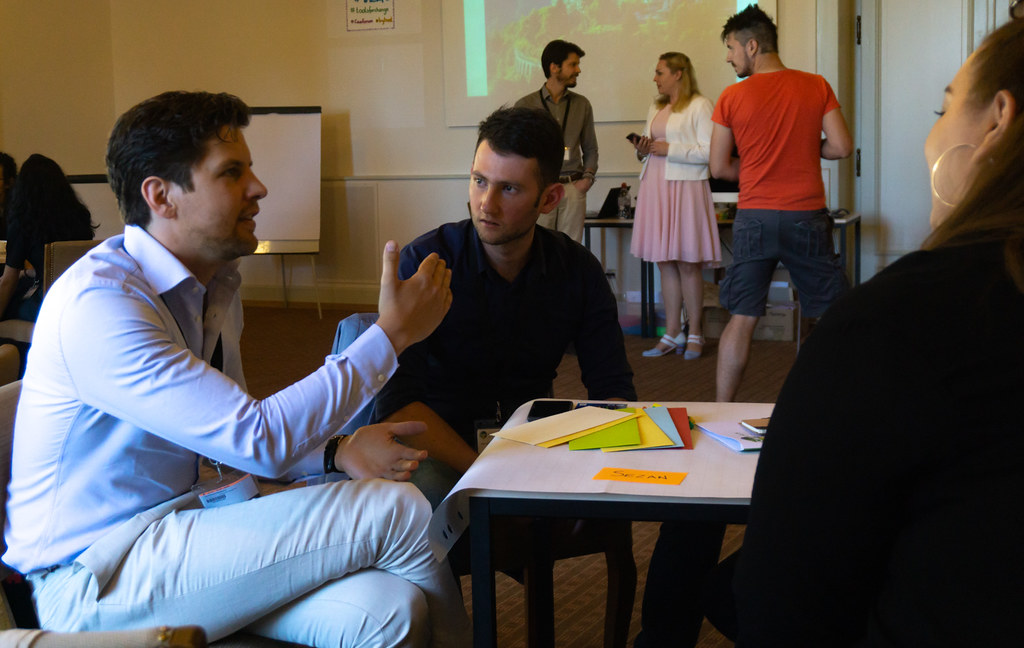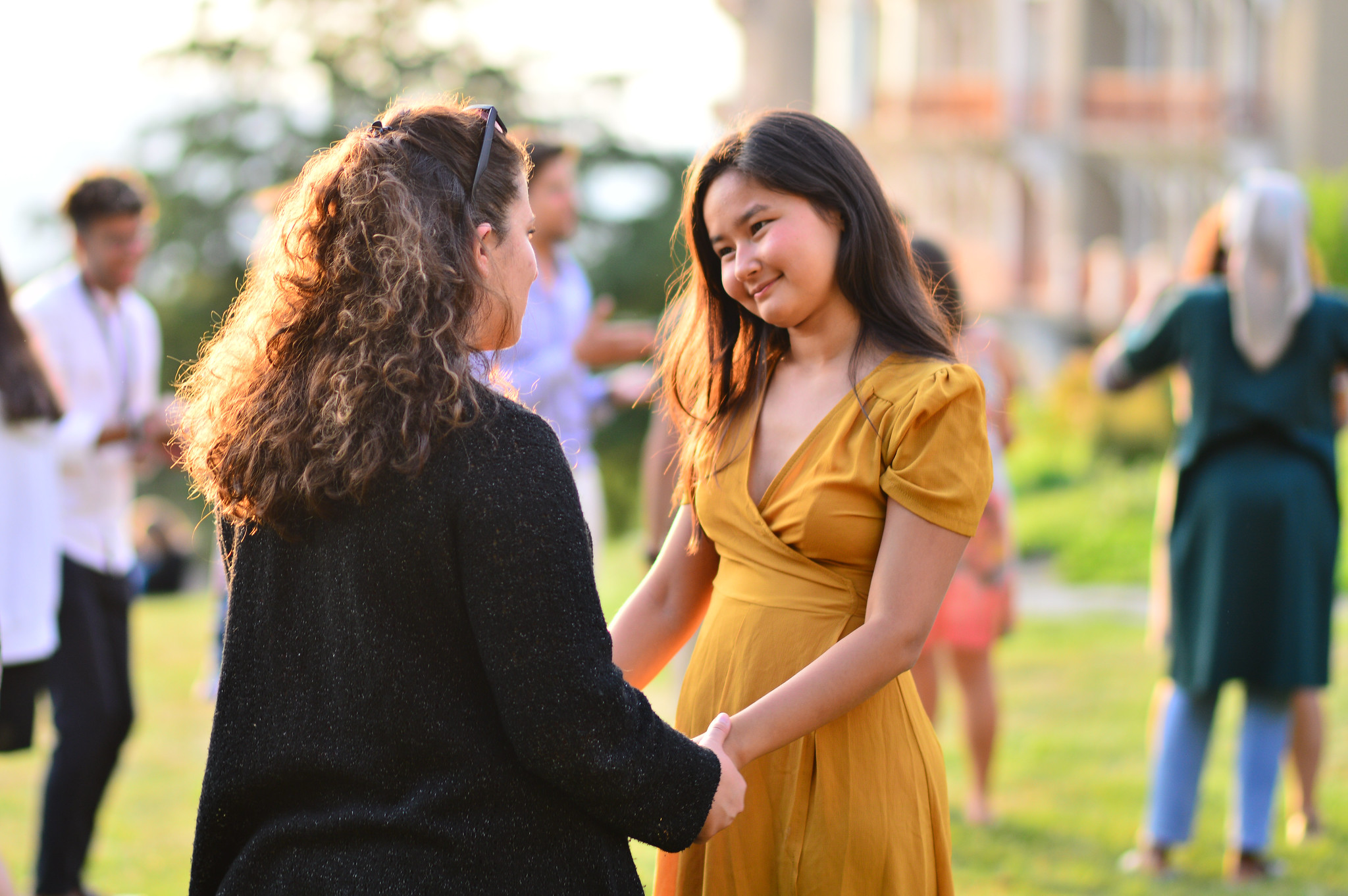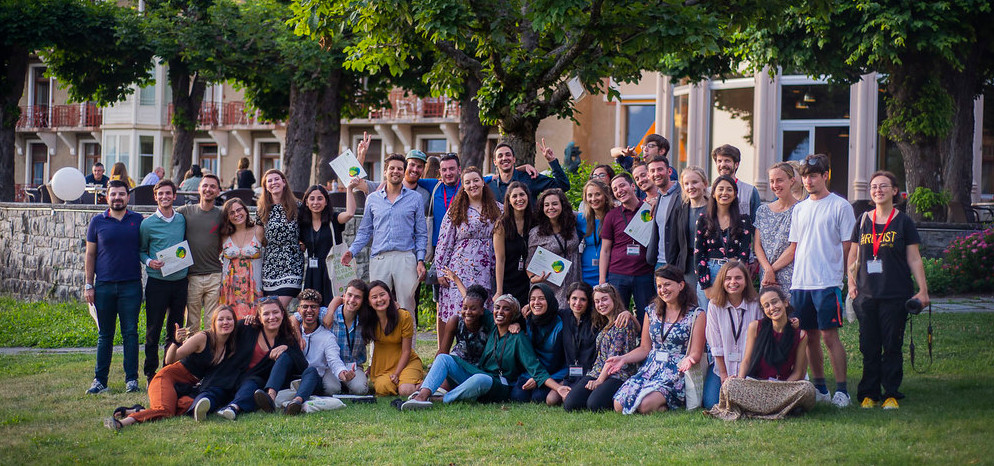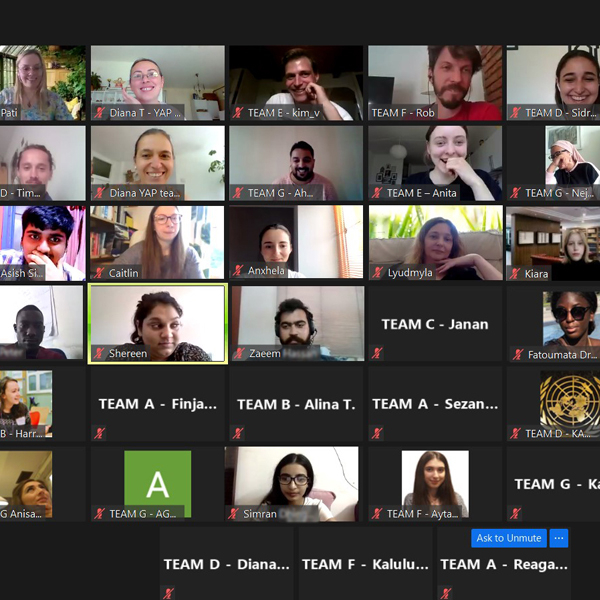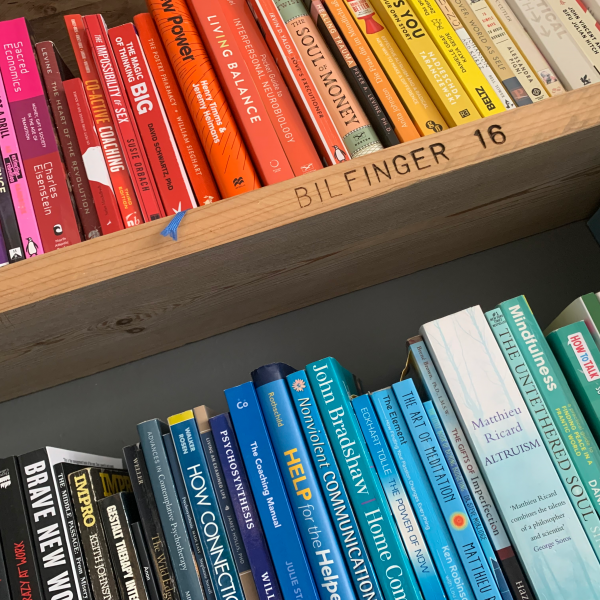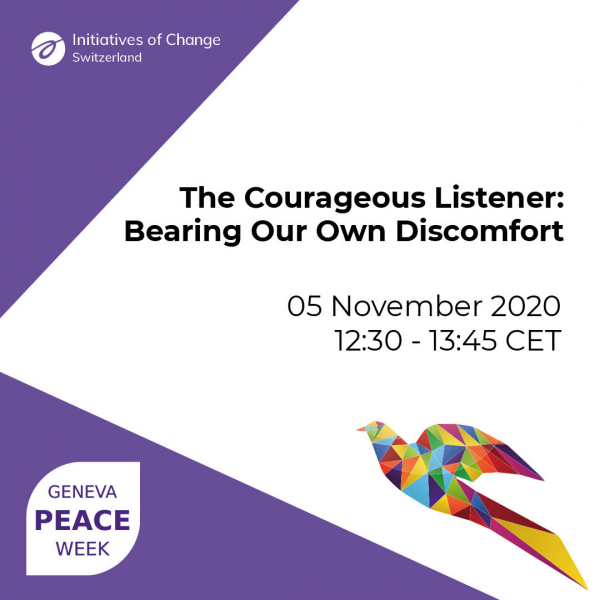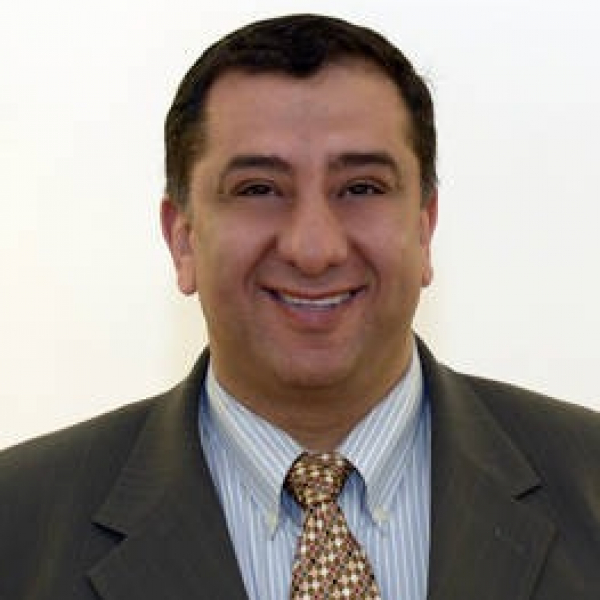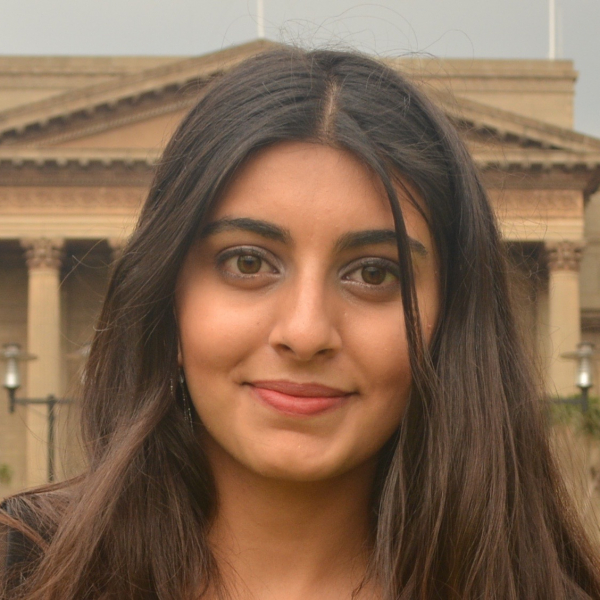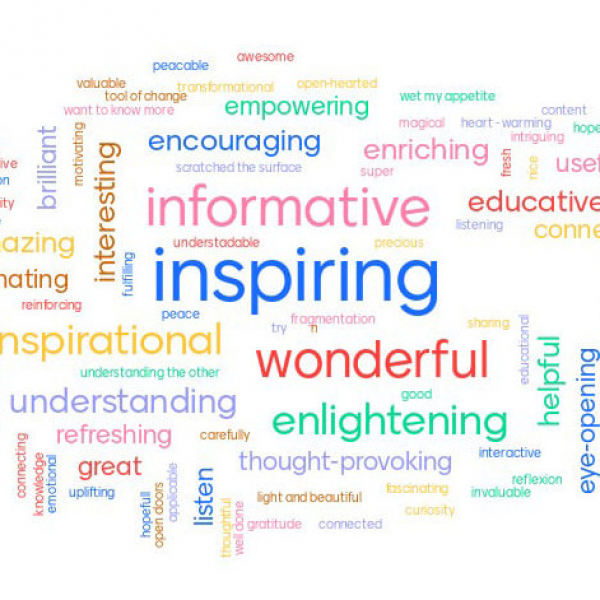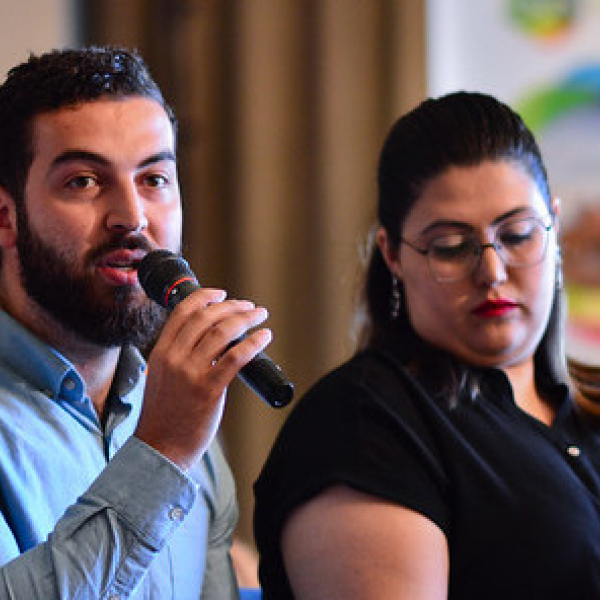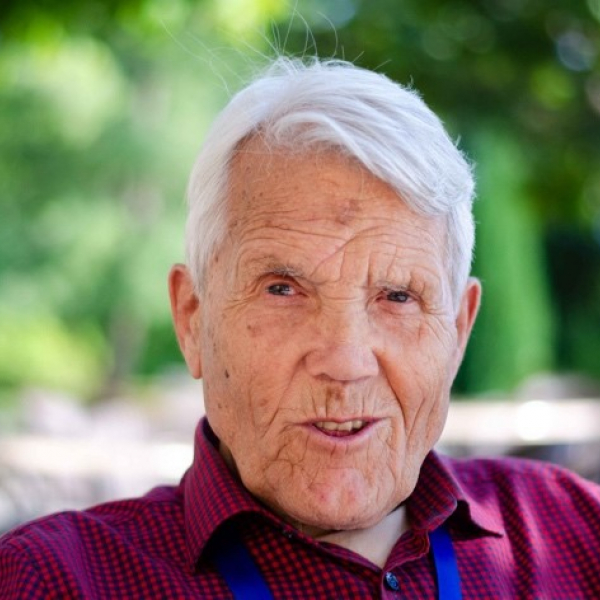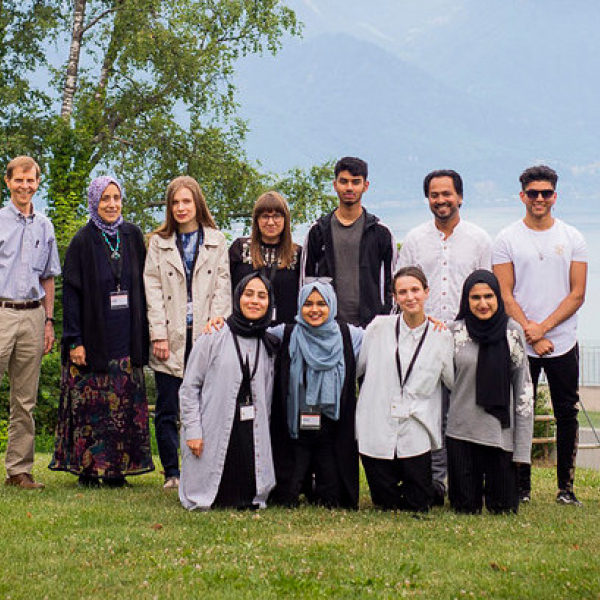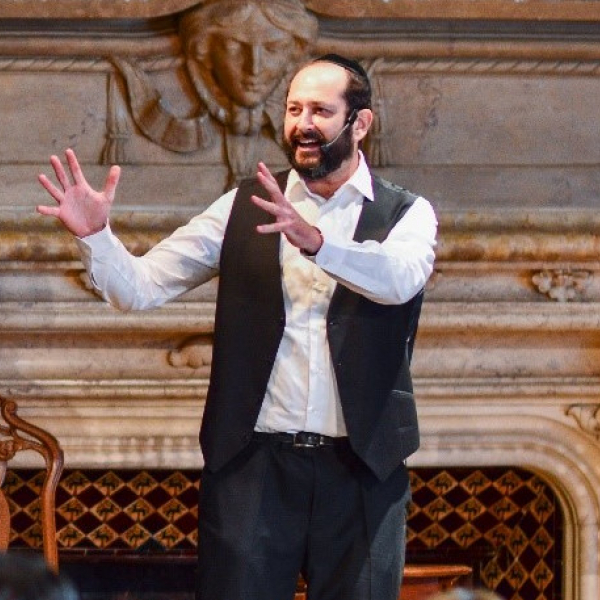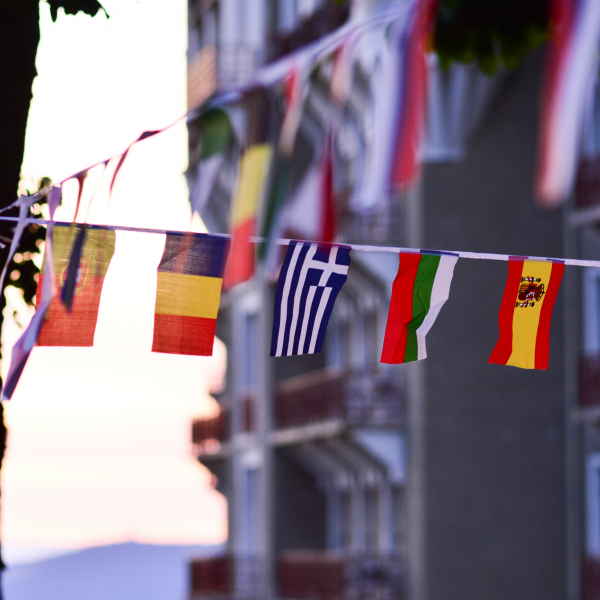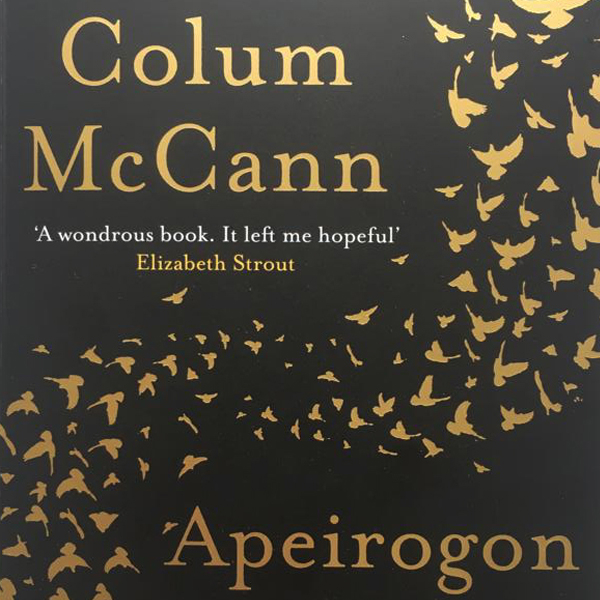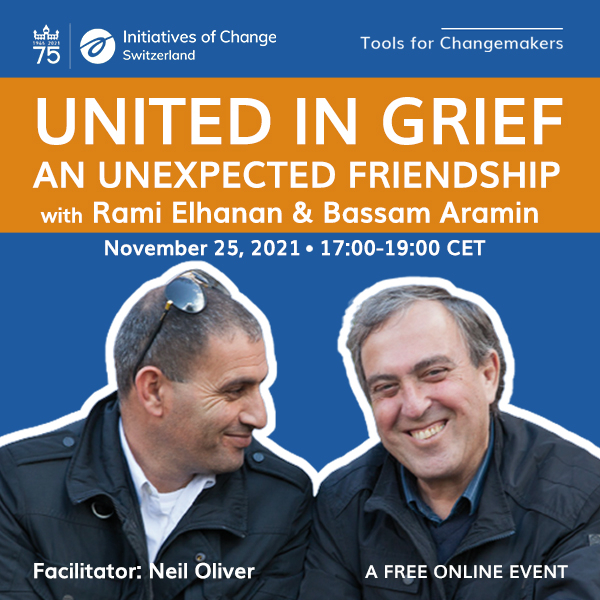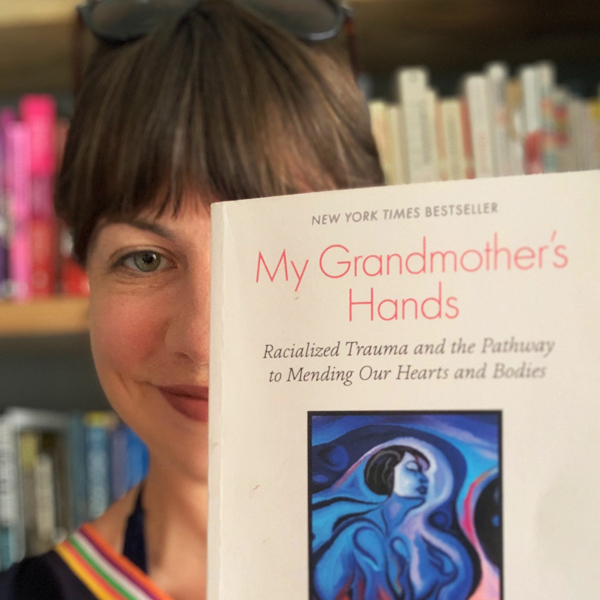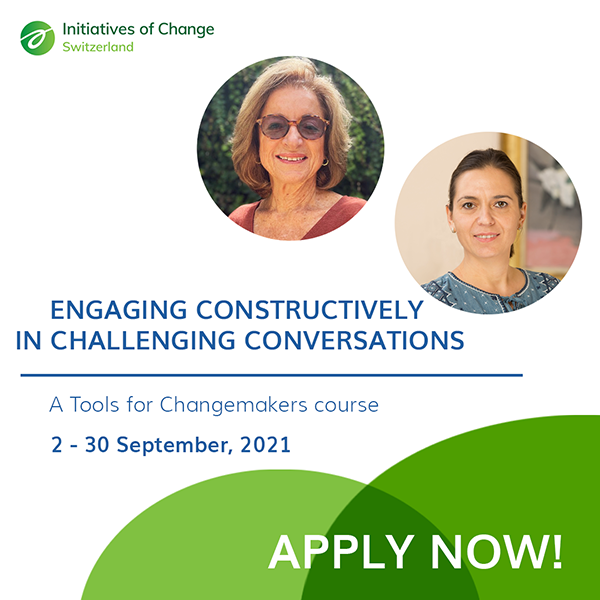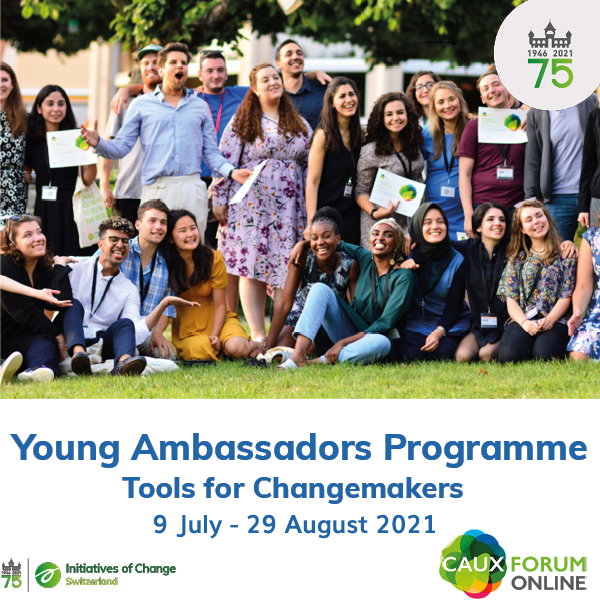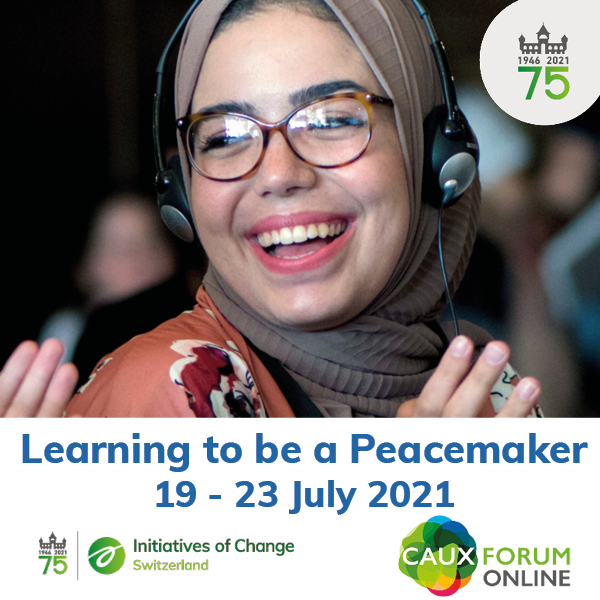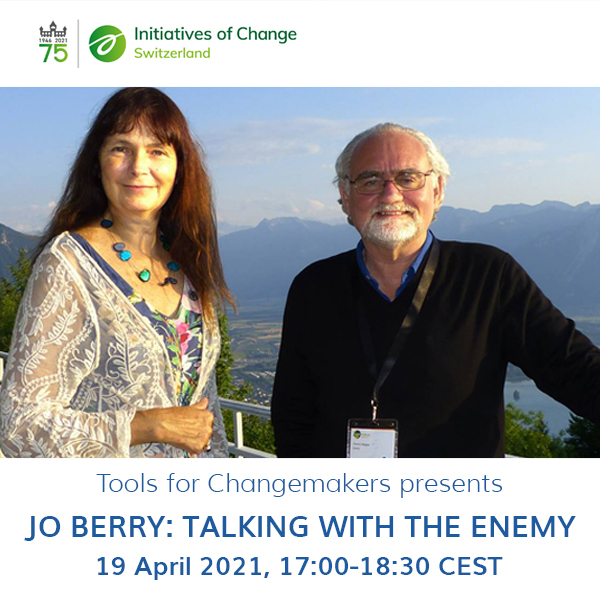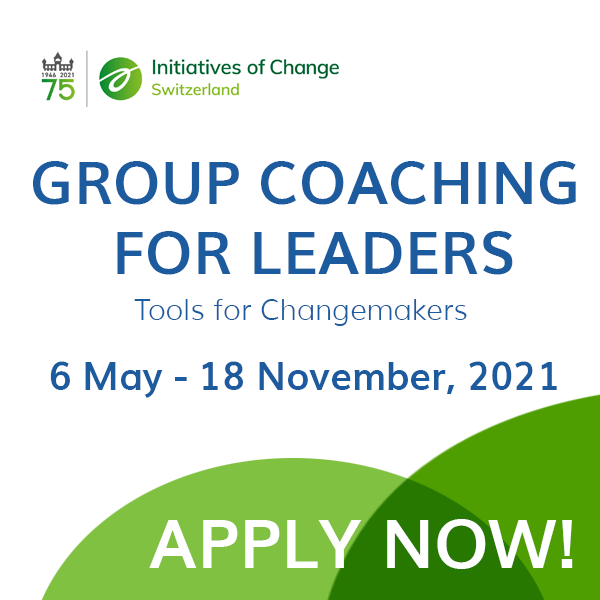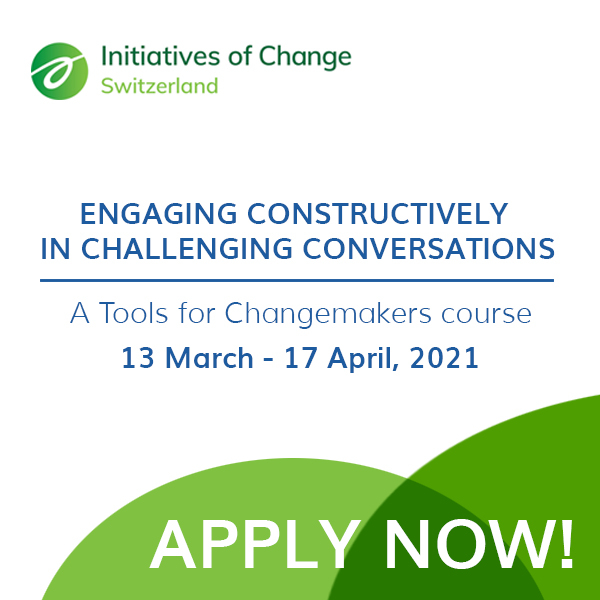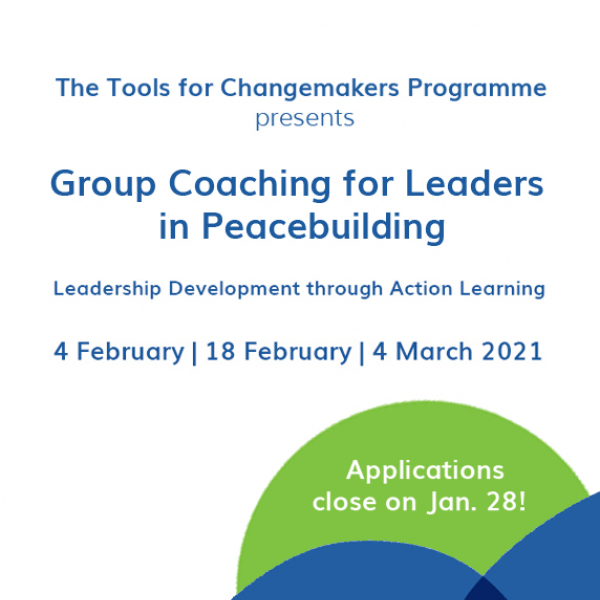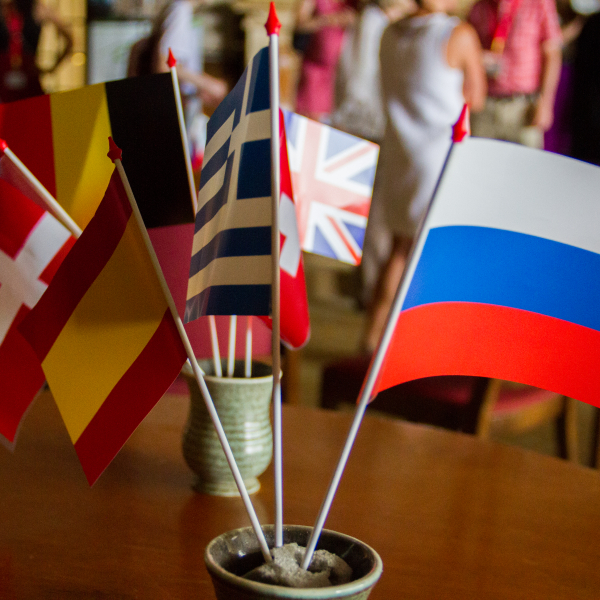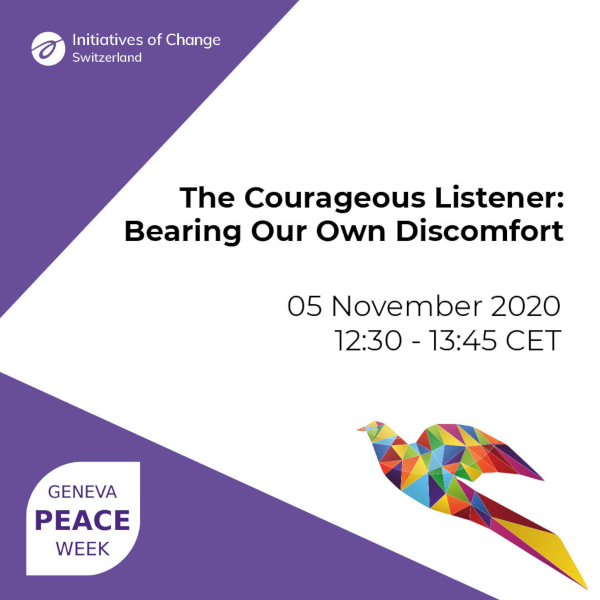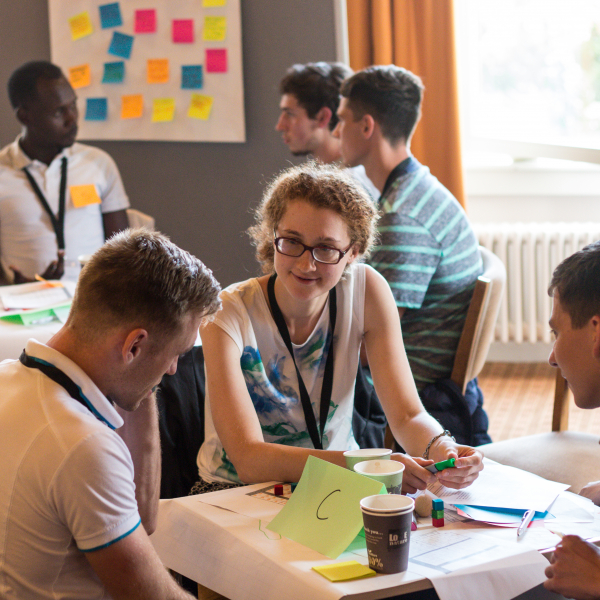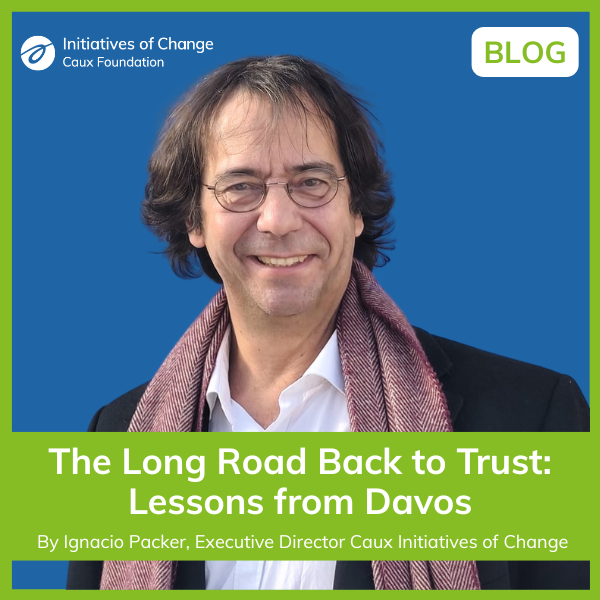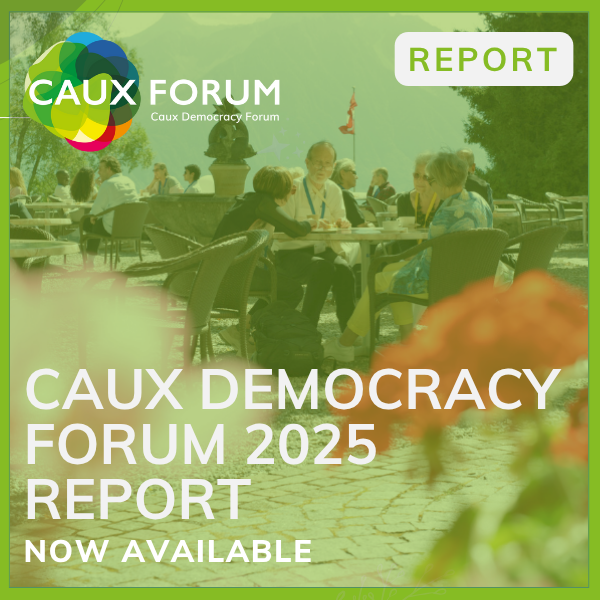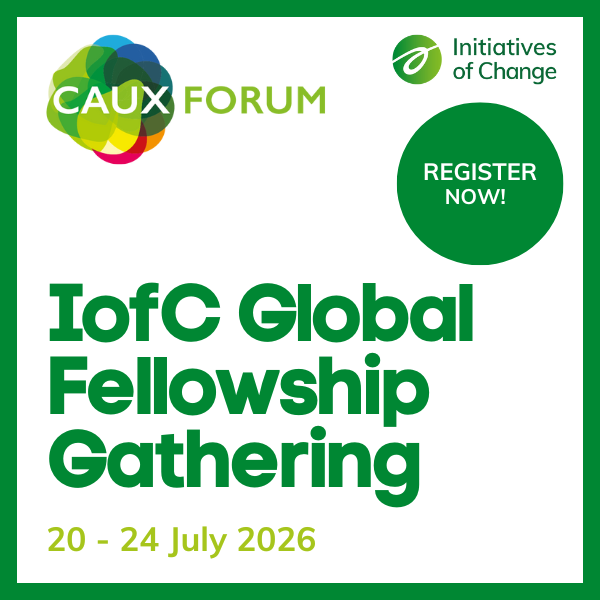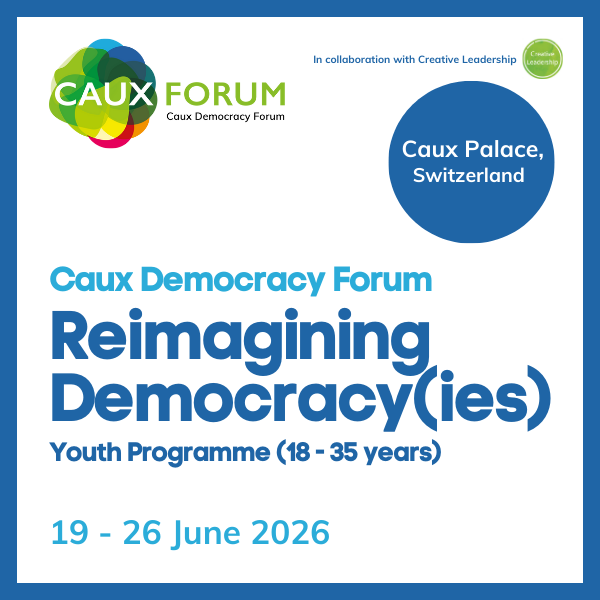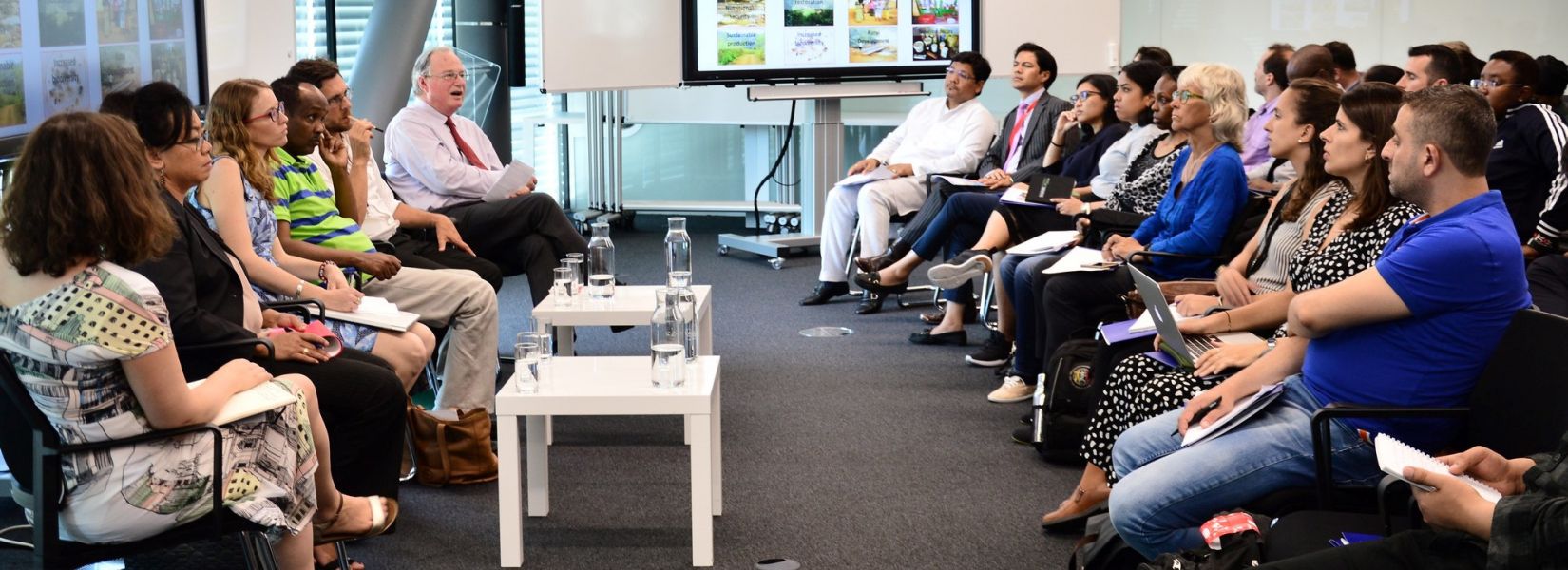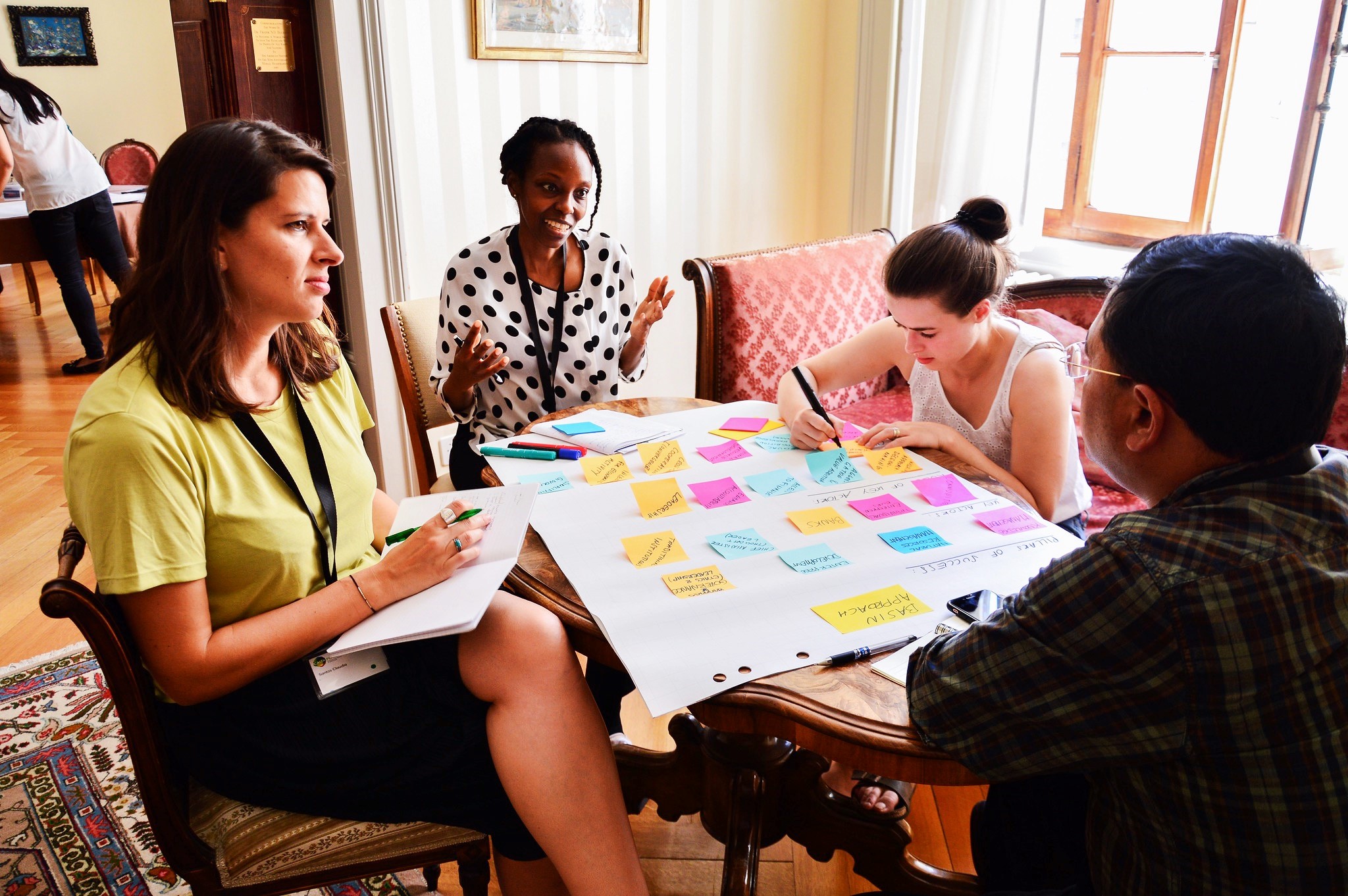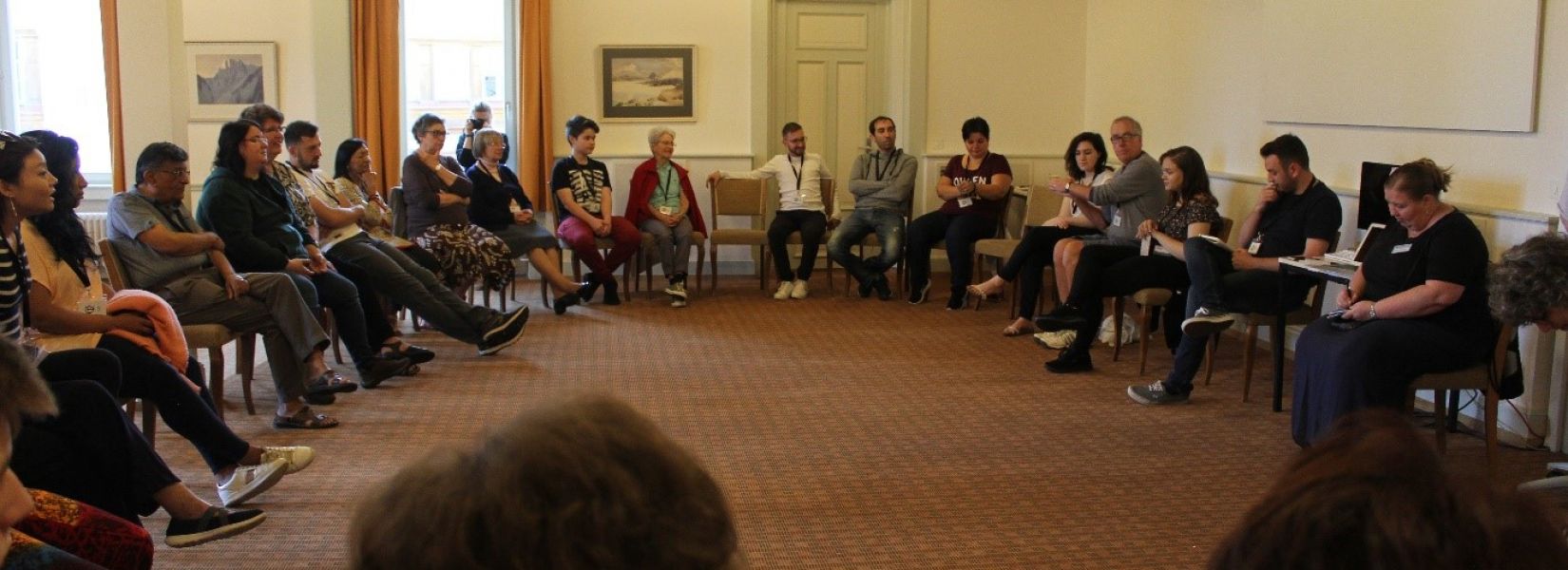Yevhen Shybalov
Yevhen Shybalov is a former Ukrainian journalist with 15 years of experience in story writing for national media. Since 2014, Yevhen has been involved in HD’s efforts to build understanding and reduce tensions in search of a political solution to end the conflict in Eastern Ukraine. His work has focused on building trust and facilitating dialogue between relevant parties on the environmental impact of the conflict in Donbas, with a view to promoting co-operation on areas of mutual concern.
Fresh air for Young Ambassadors
Tools for Changemakers 2019
16/08/2019
This year’s Young Ambassadors Programme (YAP) brought 39 young people from across Europe to Caux for four intensive days of training in how to work for change in their communities. They then took part in the Tools for Changemakers conference, 14–18 July.
‘We explored our own identity and how to be aware of the lenses and filters we might be looking through,’ said Niall Ridley from the UK, who took part in YAP 2018 and returned this year as a facilitator. ‘We saw how judgement, cynicism and fear can impact our perceptions of the experiences we have. We’ve observed how important it is to build trust. We’ve been each others’ catalysts, helping to distil ideas for initiatives and projects. We’ve introduced each other to silent reflection, and the role it can have in helping us to digest and make sense of our experiences.’
‘The YAP programme was a life-changing experience for me,’ said another of the facilitators, Daniela Moisei from Moldova. ‘This programme is like a breath of fresh air. It has everything a young leader needs: time for oneself and one’s ideas, informational and moral support, an active and enthusiastic group of peers and a breath-taking setting.’
When Daniela first came to Caux as a Young Ambassador in 2016, she was a radio presenter, the President of the Student Council at her university and the founder of a school for young entrepreneurs. Her experience motivated her to continue her Master’s studies abroad and inspired her to work for an international organization.
‘YAP offers a networking platform, where young people can exchange project ideas, best practices, conflict resolution methods and other techniques that have worked well in their communities,’ she went on. ‘The alumni community grows over the years, and transforms our days here into a continuous opportunity for promotion, cooperation and collaboration.’
‘I returned to Caux to facilitate this year because it was here in where, for the first time in my life, I felt inspired,’ said Mariam Inayat from the UK, who has been involved with YAP for three years.
‘The YAP programme is important because we are helping to build resilient and ethical leaders not just for the future, but for today. We have a duty to ensure that young people have a platform to be involved in dialogue. Too often there are discussions about us, without us. But our time at Caux has gone beyond that. We have not only been given a platform, but also the tools that will equip us to be successful changemakers.’
Text: Mary Lean, with contributions from Daniela Moisei, Mariam Inayat, Niall Ridley
Photos: Leela Channer, Paula Mariane

